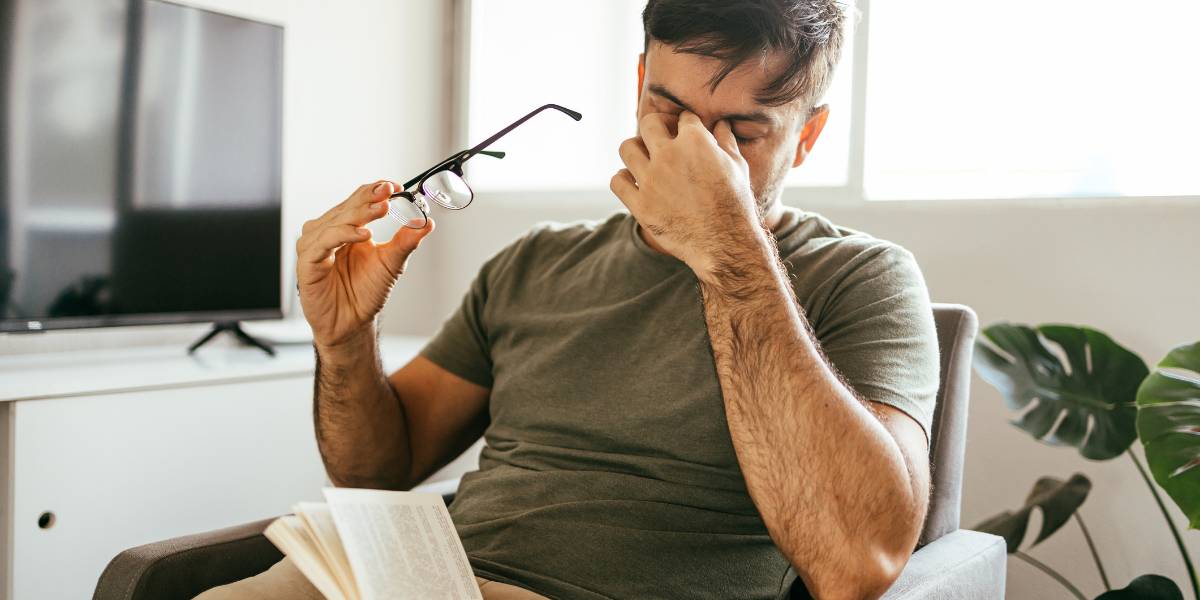Medieval medicine was more advanced than previously thought, with some elements seen in trends currently being promoted online as alternative medicine.
Researchers have found that far from being driven by superstition, people who lived during the Dark Ages came up with health practices seeped in knowledge available to them at the time, many of which are now being seen in the present day on platforms such as TikTok.
The international research team, which has collected hundreds of medieval manuscripts featuring medical writings predating the 11th century, say some of the medical concoctions could be mistaken for present-day health hacks, including detoxes and ointments.
One example was using the crushed stone of a peach mixed with rose oil on the forehead to treat headaches. Hundreds of years later, in 2017, one study found that rose oil may well help with migraines.
Another was the use of ‘lizard shampoo’ – using pieces of lizard to boost hair health or even remove hair, a modern-day version of waxing.
The findings came about after new research by the Corpus of Early Medieval Latin Medicine (CEMLM), funded by the British Academy, doubled the number of known medical manuscripts from the Dark Ages by including countless manuscripts that have been left out of previous catalogues.
Meg Leja, associate professor of history at Binghamton University, said: “A lot of things that you see in these manuscripts are actually being promoted online currently as alternative medicine, but they have been around for thousands of years.
“People were engaging with medicine on a much broader scale than had previously been thought. They were concerned about cures, they wanted to observe the natural world and jot down bits of information wherever they could in this period known as the Dark Ages.”
- Misleading advice shared in more than half of top 100 TikTok videos on mental health
- TikTok health trends can be dangerous experts warn
Much of what the researchers found was written in the margins of manuscripts on grammar, theology and poetry – pieces that had nothing to do with medicine. Leja says this demonstrates how people at that time with preoccupied with health and ways to treat ailments.
She added: “It’s true that we do lack a lot of sources for the period. In that sense, it is ‘dark’. But not in terms of any kind of ‘anti-science’ attitudes – people in the early Middle Ages were quite into science, into observation, into figuring out the utility of different natural substances, and trying to identify patterns and make predictions.”







